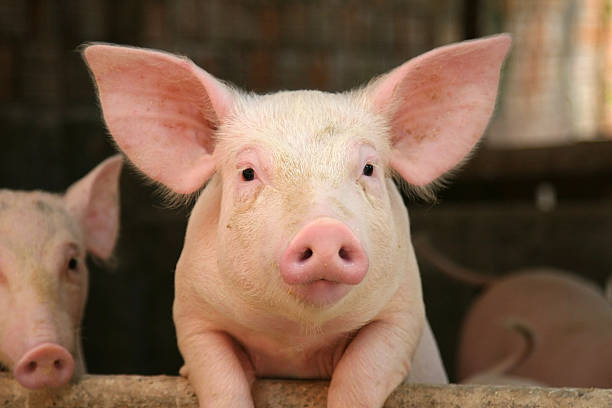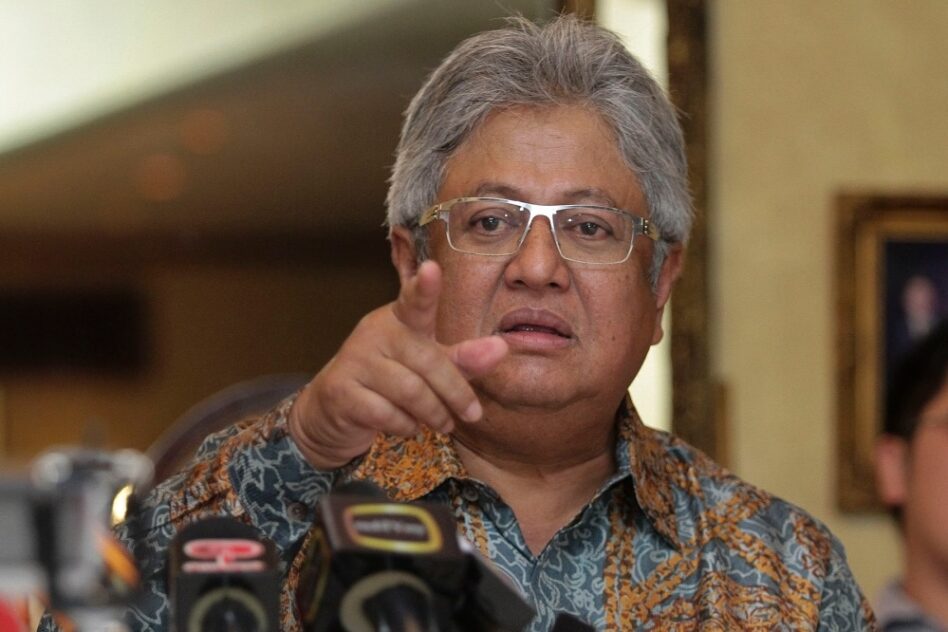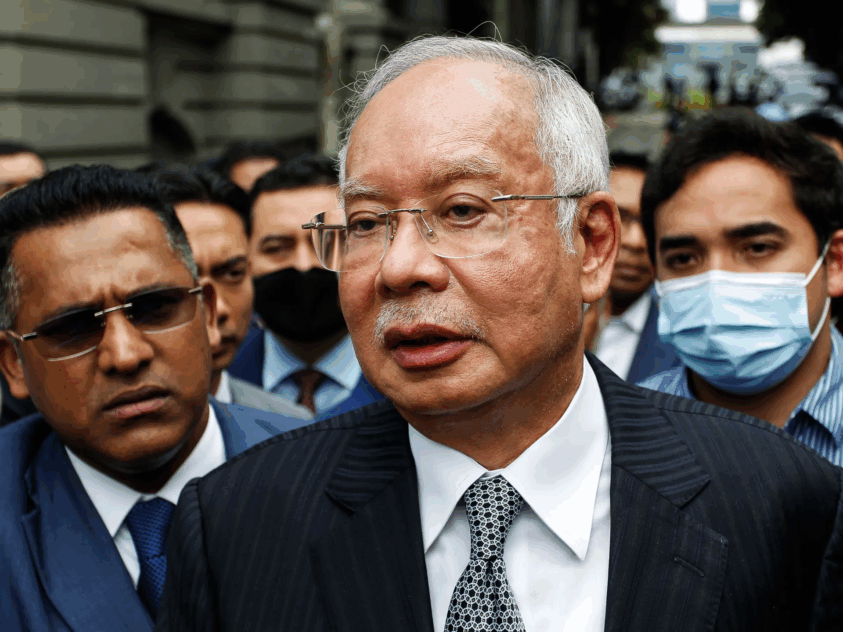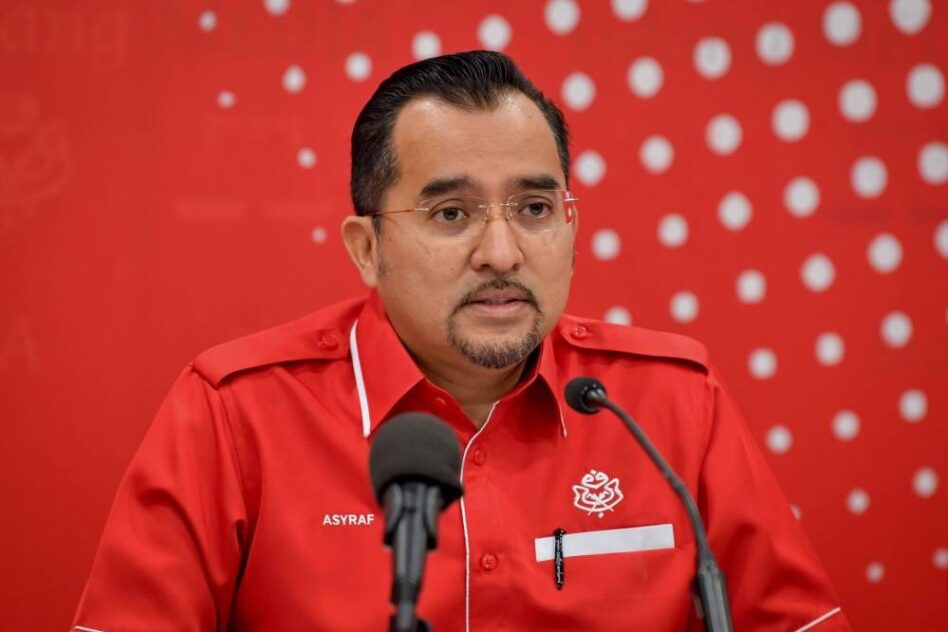Letter to Editor
As someone who has visited the Ayer Kuning state constituency in Perak on several occasions, it is evident to me that the people there are grappling with far more pressing issues than the mere presence of pig farms.
Concerns such as infrastructure development, job creation, and land utilisation remain unresolved.
Yet, the recent political discourse has been dominated by a renewed focus on pig farming, specifically, its alleged illegality and environmental impact.
According to Perak State Executive Councillor for Human Resource, Health, Indian Community Affairs, and National Integration, A. Sivanesan, there are currently 85 fully licensed pig farms operating in the state.
Of these, nine are located within the Ayer Kuning constituency — an area currently facing a by-election scheduled for April 26, 2025.
Out of the nine, three have applied for modern farming. Why others have not applied, remains a mystery.
Just days ago, PAS raised concerns about the existence of illegal pig farms in Ayer Kuning, particularly in Malay-majority areas.
However, the party’s emphasis was not merely on the existence of these farms, but rather on the pollution, especially river pollution, believed to be caused by such operations.
Unfortunately, in highlighting these concerns, PAS also chose to wade into a culturally sensitive topic.
Pig farming, while essential to the food needs of the Chinese community (which makes up 22 percent of the constituency), is often a delicate issue in a multiracial society.
This has understandably raised eyebrows, including within Amanah, a party in the Pakatan Harapan coalition, whose member questioned PAS’ intentions.
In response, PAS made an uncalled-for retort, suggesting the Amanah representative take a swim in the polluted river — an unnecessary provocation in an already charged political environment.
In defense of the pig farming industry, Sivanesan stated that the Perak state government has no plans to shut down these farms.
He pointed out that pork remains a key protein source, particularly for the Chinese community.
With chicken supplies becoming increasingly erratic and expensive, removing pig farming from the equation would further strain the food supply chain.
However, while Sivanesan has defended the existence and necessity of pig farms, he has failed to address one crucial issue. Why are these farms remain largely unmodernised?
Given his claim of being armed with facts and figures, it is only fair to ask the following questions:
1/ Why has the modernisation of pig farming in Perak been so slow and sluggish?
The longer outdated and environmentally harmful farming methods persist, the longer rivers and other water sources will continue to suffer contamination.
2/ What incentives, if any, is the state government offering to pig farmers to encourage rapid modernisation and adoption of sustainable practices?
Modern pig farming techniques, such as closed-house systems and proper waste management, are already in use in many developed countries. What’s stopping Perak from implementing the same?
3/ Does the state have a long-term strategy to increase the number and size of farms operated under modern and scientific principles?
A structured development plan would serve both environmental and food security goals.
4/ How serious is the actual pollution problem caused by pig farming in the state?
Is there comprehensive data to quantify the extent of river pollution, and how much of it is directly attributable to pig farms compared to other agricultural or industrial sources?
Sivanesan has indicated that he may present a more detailed report on pig farming in the upcoming state assembly session.
It is hoped that his presentation will be based on sound policy and data, not political spin aimed at bolstering the BN candidate in the by-election.
Meanwhile, it is also worth noting the glaring underutilisation of agricultural land in Perak. Vast tracts of land, owned by the state and its agencies, remain idle and neglected.
Yet, in typical fashion, BN claims that voting for the opposition would impede development, an ironic assertion given the state’s current track record.
The issue of pig farming must be addressed not with emotive rhetoric but with a practical, science-based approach that respects both environmental standards and the food needs of all communities.
Let us hope that this conversation will move beyond political point-scoring and toward real solutions. —Apr 21, 2025
Former DAP stalwart and Penang chief minister II Prof Ramasamy Palanisamy is chairman of the United Rights of Malaysian Party (Urimai) interim council.
The views expressed are solely of the author and do not necessarily reflect those of Focus Malaysia.
Main image: iStock









